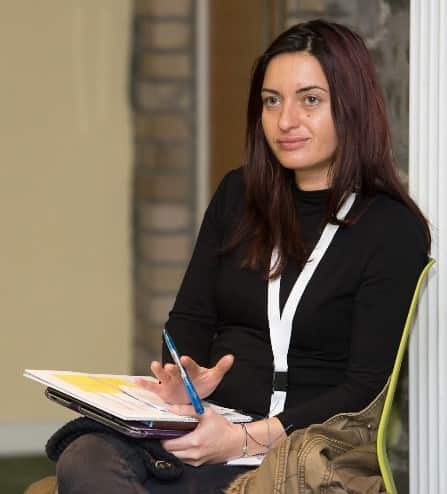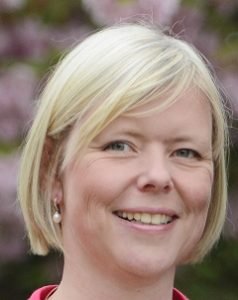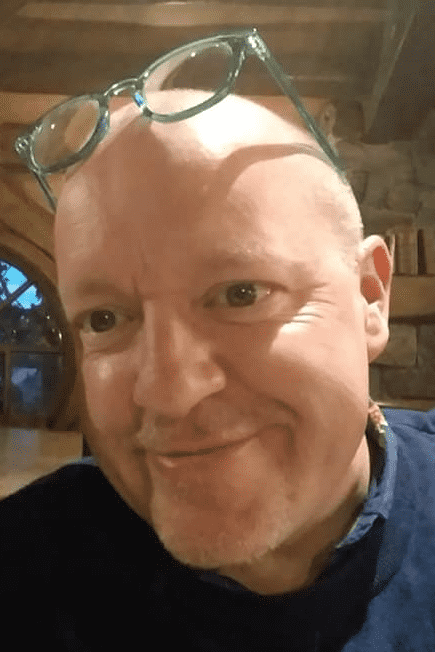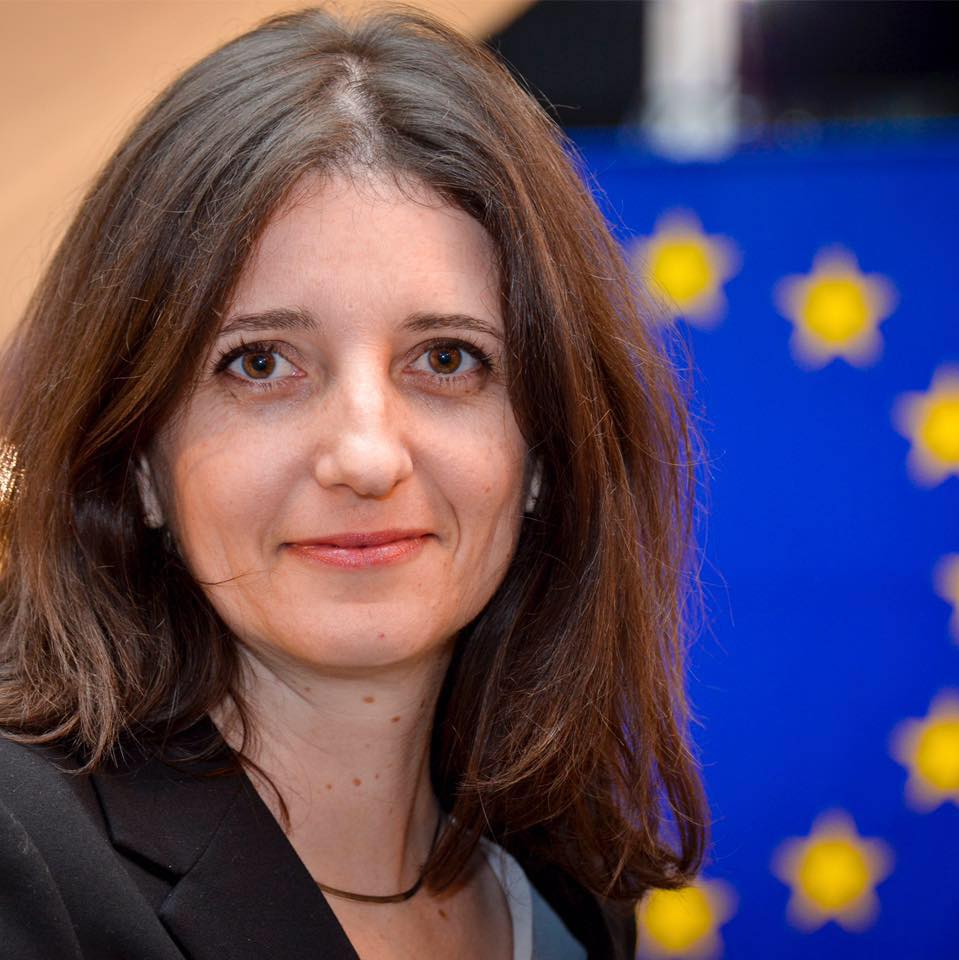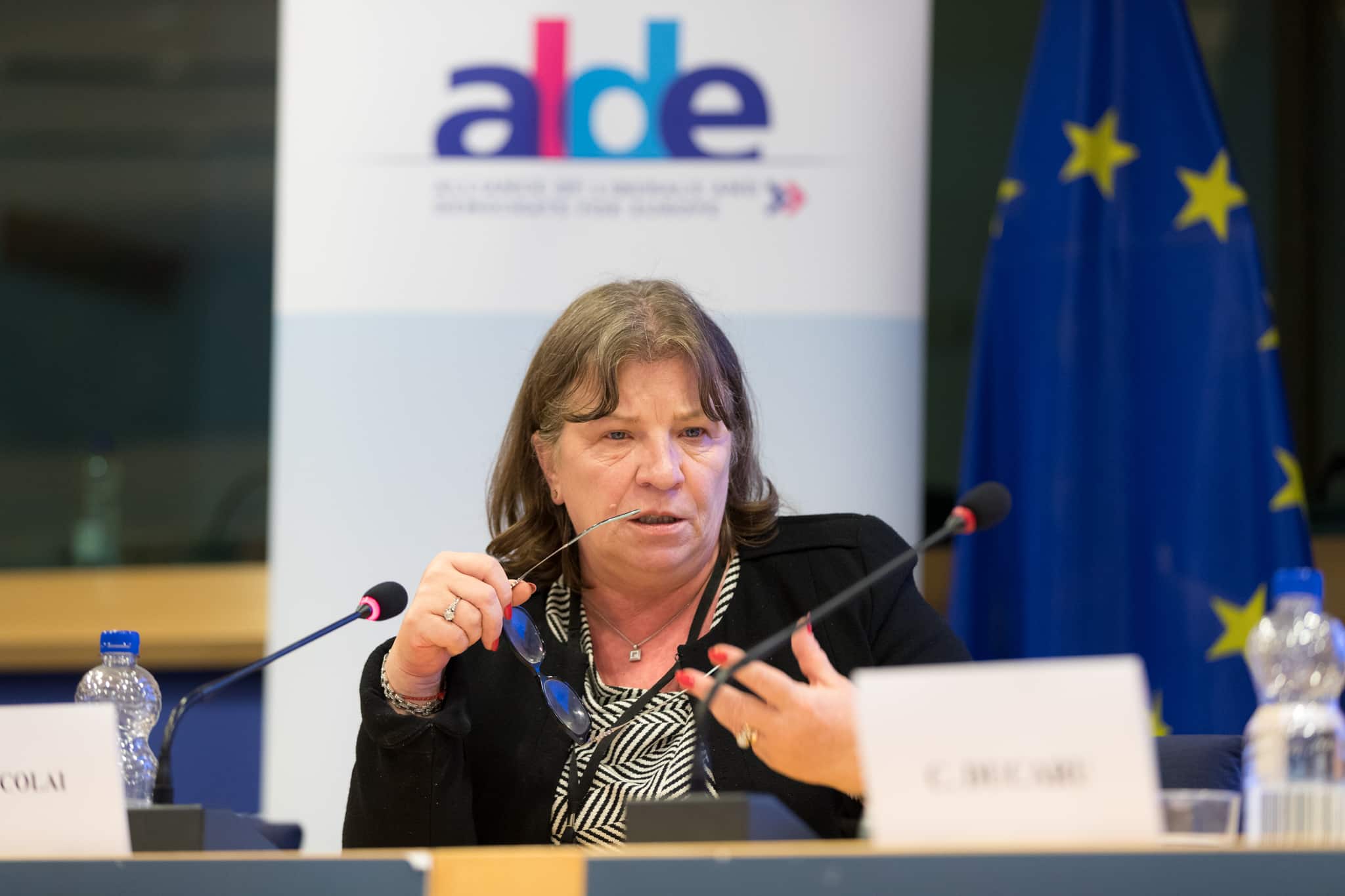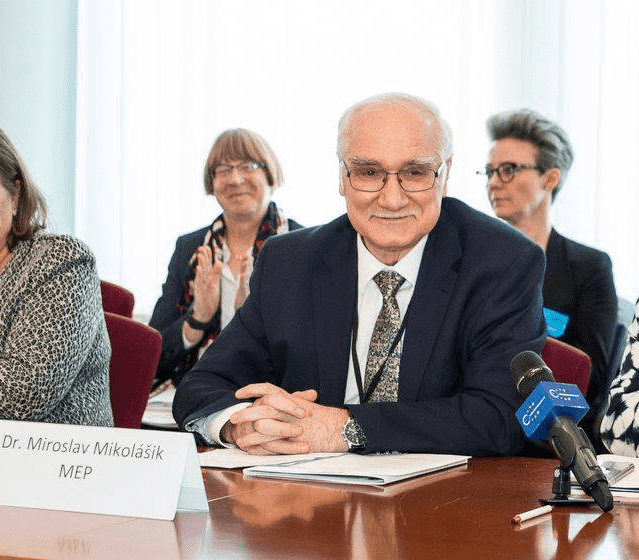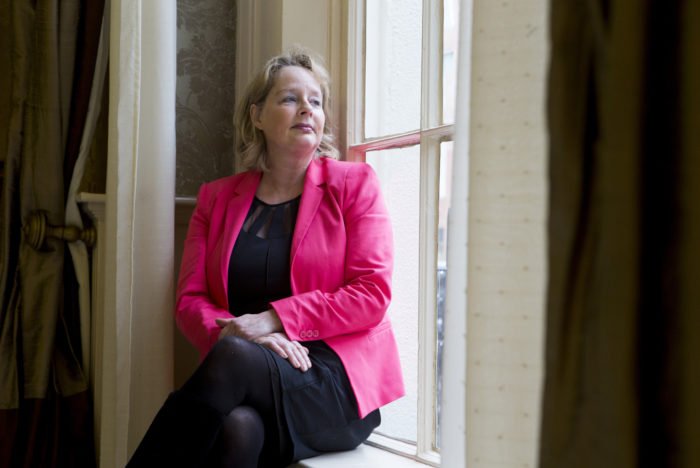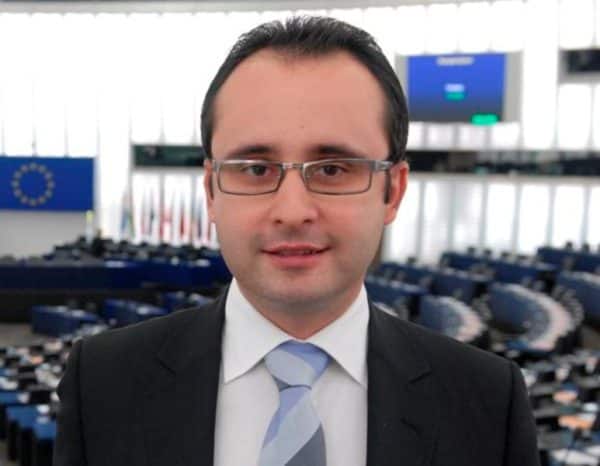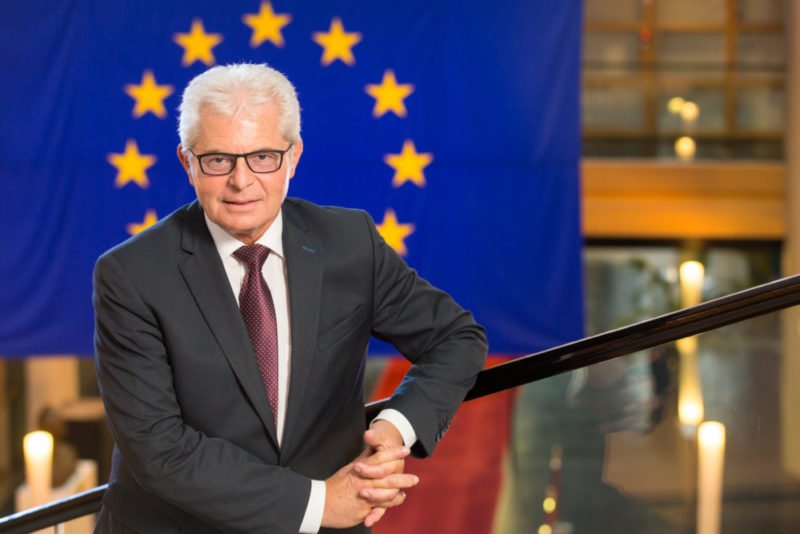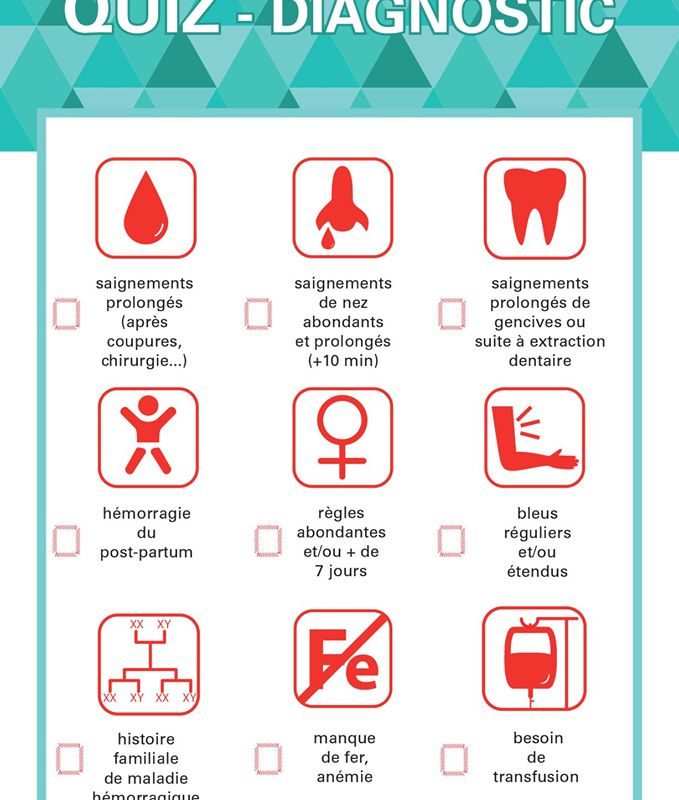
On 8 March, the world will mark International Women’s Day and for this week’s EHC Now! We look at how the Women’s Committee of the French Haemophilia Association came about to support women affected by bleeding disorders in France. This committee is now well-established and extremely active, but this is the result of a long journey starting in 2004.
The committee stemmed from discussions held within the French National Member Organisation (NMO) ‘Family Committee’ on issues faced by women touched by haemophilia. This group included either the partners, mothers, sisters, daughter of men with haemophilia. These women were astounded to realise that they were all facing similar issues and how much haemophilia was a concern in their personal and family life. Following two years of discussions, the French NMO established a Womens’ Committee.
The first order of business of this committee was to partner up with medical professionals to talk about the medical and scientific aspects of carriers. The work of the committee in the early stages focused solely on haemophilia. However, this would change in the following years. One of the first projects and results from the collaboration with medical professionals was a brochure about ‘Women and Haemophilia.’ This document addressed for the first time that the bleeding risks of carriers. The issue of women and haemophilia was also tackled at the regional level where the work of the committee was transposed to meet local needs. The committee continued its work by addressing family planning, including fertility, pregnancy and delivery.
During the French NMO national congress in June 2010, the Women’s Committee met with Dr Roseline d’Oiron (she is now also a member of the EHC Medical and Scientific Advisory Group – MASAG). Dr d’Oiron is a clinician at the Bicêtre Hospital in Paris, specialised in women with bleeding disorders. During this encounter, Dr d’Oiron reported to the committee stories from her practice in which she met patients that had experienced lack of information, difficulties in accessing adequate diagnosis, lack of specialised care and support with family planning. This meeting was the beginning of a partnership that is still going strong today. The Women’s Committee wishes to express their gratitude to Dr d’Oiron for her support. Together with Dr d’Oiron, the committee continued to develop educational material and activities for carriers both at the national and regional level. The committee took part in 2012 to their first international activity, a multidisciplinary session held during the Congress of the World Federation of Hemophilia (WFH).
Since 2013, the Women’s committee joined its forces with the French NMO ‘Von Willebrand Committee.’ This is the turning point in which the Women’s Committee started to address issues faced by women with all bleeding disorders and not just haemophilia.
In 2014, the Women’s committee reached out to the EHC to suggest starting activities for women with bleeding disorders at a European level. The EHC took on board the suggestion and held during its 2015 Congress a pre-conference workshop on the topic of ‘Women in the bleeding disorders community: Starting a European conversation.’ This workshop was the beginning of EHC’s women’s activities.
In 2016, during the WFH Congress in Orlando, the Women’s Committee took part in a session on ‘Women and bleeding disorders: Towards a paradigm shift.’
Since 2004, the Women’s committee collected many personal stories about living with bleeding disorders and, in 2017, they incorporated all of these stories into a leaflet to help people living a bleeding disorder make informed choices about their lives. In the same year, the committee developed a diagnostic quiz, together with haematologists, and they shared it widely through a social media campaign. Meanwhile, the EHC launched its survey on Women and Bleeding Disorders to identify challenges faced by women with bleeding disorders. The French NMO translated the questionnaire into French, and the French version received some 200 answers out of the 700 in total. During that year, the EHC launched a call for volunteers to form its own Women and Bleeding Disorders’ Committee.
In 2018, the Frenc Women’s’ committee was again present at the WFH Congress, and its representatives took part in a multidisciplinary session on the needs of carers for women with bleeding disorders. In the same year, the committee held a workshop on ‘Hereditary transmission: mothers/sons and fathers/daughters.’ Male representatives show up in force at this event: a first for the community! This was proof that awareness is increasing within the community with the realisation that women bleed too!
The French committee continues to be visible at an international level. Its members attended the first EHC Conference on Women, and Bleeding Disorders and, some even take part in the EHC 2019 Conference held in Skopje. Last year, the Women’s Committee held an information day about women and bleeding disorders in Mauritania. This was organised as part of the African-support project of the French NMO, which aims at providing support to French-speaking African countries. During the general assembly of the French NMO, women’s issues in terms of access to diagnosis, treatment and care are yet again on the agenda.
The French Women’s committee has made great strides in the past 15 years, and this has been the result of diligent and arduous work by a team of dedicated volunteers. These volunteers were able to achieve so much thanks to a safe and understanding space in which women were able to raise issues and concerns without fear of misunderstanding or downplay. ‘Women understand one another!‘ explains one of the members of the committee. The committee was able to advance their cause first at a national level and then translate that work to fulfil both regional as well as European and international needs. Although women achieved their objective of being adequately recognised as a patient category with their own needs, there are still many unresolved issues, and more work remains to be done. This will only be accomplished with the work, time and dedication of regular volunteers.
By sharing this article, the French Women’s Committee wants to show how much work and perseverance are needed to change the situation at the national level. However, thanks to the work of dedicated volunteers and with the right partners, it is possible to achieve much and change the status quo. The French Women’s committee wishes to encourage women in any other country to make their voice heard and start to take charge of their issues by addressing them within the NMO.
The EHC will hold a second conference on Women and Bleeding Disorders in Basel, Switzerland on 29-31 May 2020.



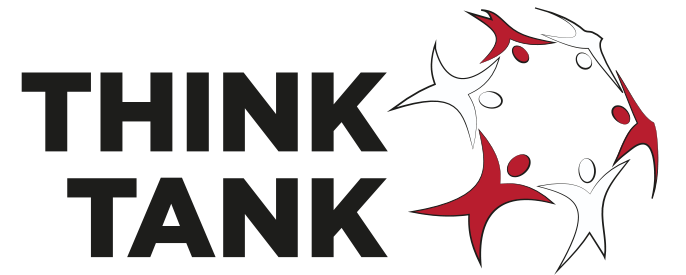
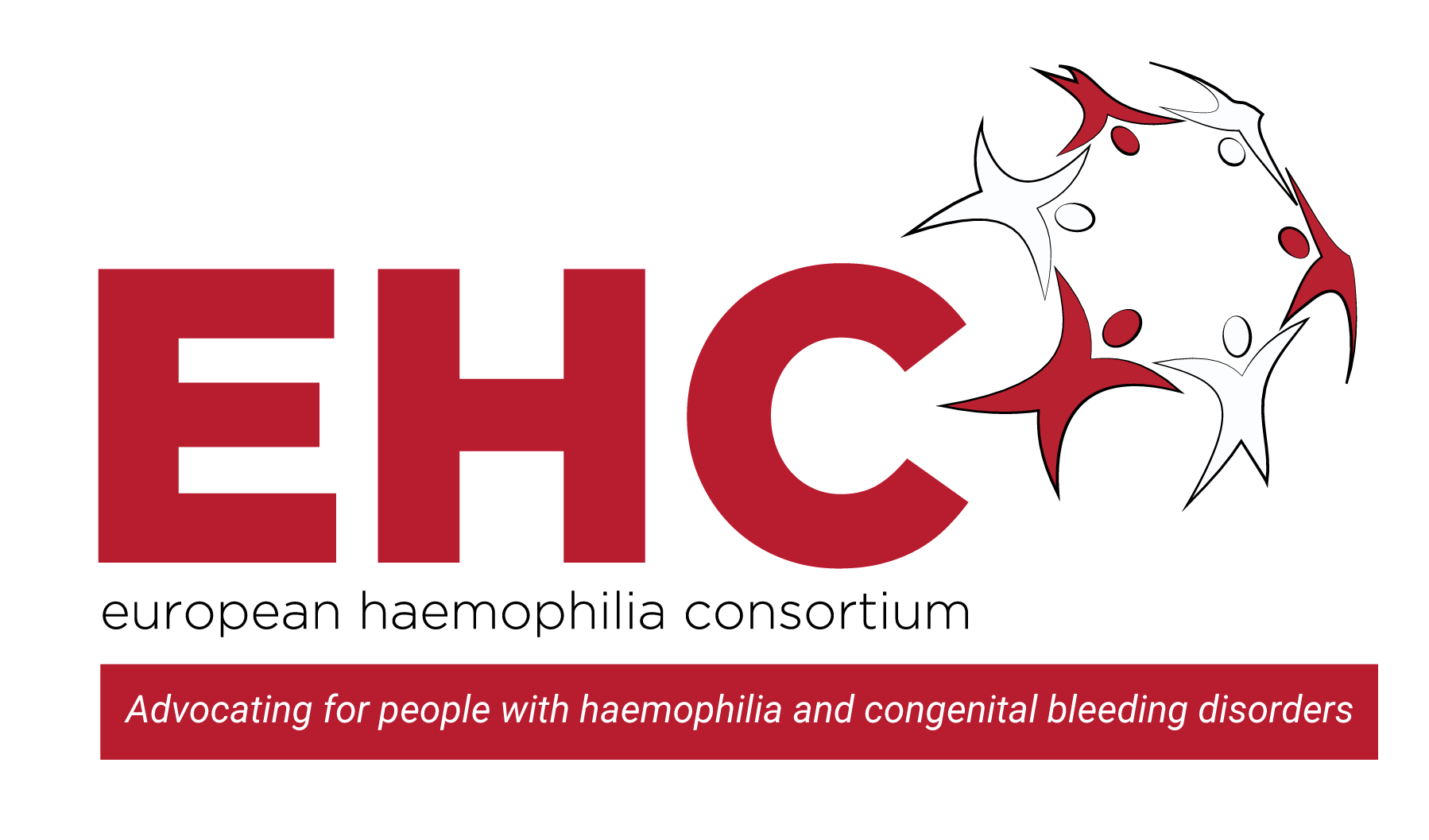
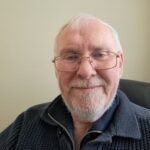 Jim is aged 66 and has Haemophilia A with a high titer inhibitor which he developed at age 14.
Jim is aged 66 and has Haemophilia A with a high titer inhibitor which he developed at age 14.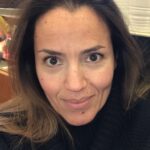 Maria Elisa Mancuso (MD, PhD) is a Haematologist and works as a Senior Haematology Consultant at the Center for Thrombosis and Haemorrhagic Diseases of IRCCS Humanitas Research Hospital in Rozzano, Milan, Italy. She is Adjunct Clinical Professor at Humanitas University. She obtained a post-degree in Clinical and Experimental Haematology and a PhD in Clinical Methodology. She is involved in clinical research and has published several original articles in peer-reviewed journals a The Lancet, Blood, Journal of Thrombosis and Haemostasis, Haematologica, Thrombosis and Haemostasis, British Journal of Haematology and Haemophilia. She is reviewer for several peer-reviewed journals and member of the Editorial Board of JTH. She is a member of several scientific societies (ISTH, WFH, ASH, EAHAD, SISET, AICE) and was a medical member of the Inhibitor Working Group of the European Hemophilia Consortium. She is co-chair of the ADVANCE Study Group. She has acted also as co-chair of the Scientific and Standardization Subcommittee of ISTH on FVIII, FIX and rare bleeding disorders. She has been involved as principal and co-investigator in several clinical trials, and she takes care of both children and adults with hemophilia and other congenital bleeding disorders with a specific scientific interest in novel therapies, prophylaxis, inhibitors, and chronic hepatitis C.
Maria Elisa Mancuso (MD, PhD) is a Haematologist and works as a Senior Haematology Consultant at the Center for Thrombosis and Haemorrhagic Diseases of IRCCS Humanitas Research Hospital in Rozzano, Milan, Italy. She is Adjunct Clinical Professor at Humanitas University. She obtained a post-degree in Clinical and Experimental Haematology and a PhD in Clinical Methodology. She is involved in clinical research and has published several original articles in peer-reviewed journals a The Lancet, Blood, Journal of Thrombosis and Haemostasis, Haematologica, Thrombosis and Haemostasis, British Journal of Haematology and Haemophilia. She is reviewer for several peer-reviewed journals and member of the Editorial Board of JTH. She is a member of several scientific societies (ISTH, WFH, ASH, EAHAD, SISET, AICE) and was a medical member of the Inhibitor Working Group of the European Hemophilia Consortium. She is co-chair of the ADVANCE Study Group. She has acted also as co-chair of the Scientific and Standardization Subcommittee of ISTH on FVIII, FIX and rare bleeding disorders. She has been involved as principal and co-investigator in several clinical trials, and she takes care of both children and adults with hemophilia and other congenital bleeding disorders with a specific scientific interest in novel therapies, prophylaxis, inhibitors, and chronic hepatitis C.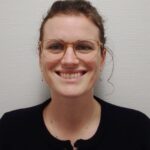 As a patient with factor II deficiency, the diagnostic and treatment of rare bleeding disorders is a matter dear to my heart. My motivation to participate in the work of the ERIN committee is to improve both diagnostic and treatment for patients with rare bleeding disorders across Europe.
As a patient with factor II deficiency, the diagnostic and treatment of rare bleeding disorders is a matter dear to my heart. My motivation to participate in the work of the ERIN committee is to improve both diagnostic and treatment for patients with rare bleeding disorders across Europe.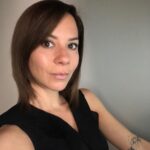 Economist and financial expert by profession, executive coach and trainer by passion and haemophilia advocate by every drop of my blood through my son (who has severe haemophilia A with inhibitors). Bringing a good decade of practical experience from the corporate insurance world, laser focus, growth mindset and resilience from my own experience, offering you anything I can just do, in hope that together we can make life more fulfilled for those impacted by bleeding disorders.
Economist and financial expert by profession, executive coach and trainer by passion and haemophilia advocate by every drop of my blood through my son (who has severe haemophilia A with inhibitors). Bringing a good decade of practical experience from the corporate insurance world, laser focus, growth mindset and resilience from my own experience, offering you anything I can just do, in hope that together we can make life more fulfilled for those impacted by bleeding disorders.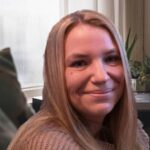 Amy Owen-Wyard is a Registered Mental Health Nurse. With experience working with children, young people, their families and adults with severe and enduring mental health conditions. Amy was also involved in a service improvement to provide a holistic care approach for those in general hospitals to support both their mental and physical health, whilst sharing her expertise and knowledge in mental health with the wider multidisciplinary team.
Amy Owen-Wyard is a Registered Mental Health Nurse. With experience working with children, young people, their families and adults with severe and enduring mental health conditions. Amy was also involved in a service improvement to provide a holistic care approach for those in general hospitals to support both their mental and physical health, whilst sharing her expertise and knowledge in mental health with the wider multidisciplinary team.